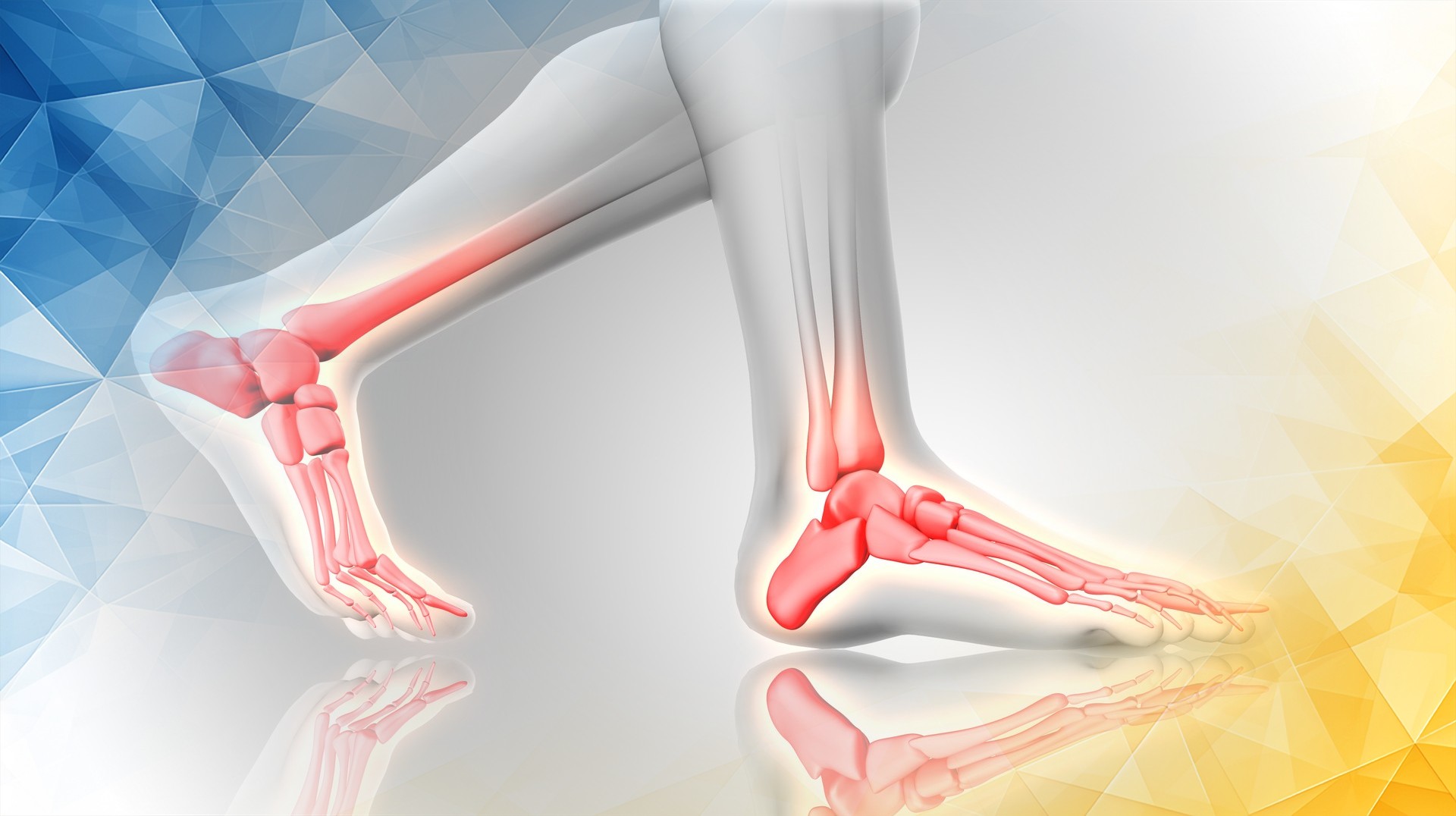



As we age, our bodies often remind us of the wear and tear they’ve endured over the years, and for many, knee arthritis becomes an unwelcome companion. In our latest blog, we’ll delve into the intricacies of knee arthritis, exploring what it is, causes and discussing the array of treatments aimed at providing relief and improving mobility for those affected by this common yet challenging condition.
The knee is a complex joint that allows for smooth movement and supports the body’s weight. Arthritis is a term used to describe inflammation and deterioration of the joints. Knee arthritis refers to the specific condition where the knee joints are affected.
When knee arthritis sets in, it can lead to pain, swelling, and stiffness in the affected joint. This can significantly impact a person’s mobility and quality of life, making everyday activities such as walking or climbing stairs challenging.
The exact causes of knee arthritis are not yet fully understood. However, research suggests that a combination of genetic factors and lifestyle choices play a significant role in its development.
Understanding the genetic predisposition to knee arthritis is a complex field of study. Researchers have identified specific gene variations that may predispose individuals to this condition. These genetic factors can influence the body’s:
All of which are crucial in the development of knee arthritis.
Studies have shown that certain gene variations may increase the risk of developing knee arthritis. However, having these genetic factors does not guarantee that the condition will occur. Environmental factors and lifestyle choices also play a role.
Obesity, repetitive stress on the knee joints, and previous knee injuries can increase the risk of developing knee arthritis. Additionally, occupations that involve kneeling or squatting for prolonged periods may contribute to its onset.
Environmental factors such as diet, exercise habits, and exposure to joint-damaging activities can significantly influence the development and progression of knee arthritis. Maintaining a healthy weight, engaging in low-impact exercises, and protecting the knees from excessive strain are vital in reducing the risk of developing this debilitating condition. By addressing these lifestyle and environmental triggers, individuals can take proactive steps towards preserving the health and function of their knee joints.
Symptoms of knee arthritis can vary from person to person with many people experiencing:
Should osteoarthritis develop in your knees, it’s common for both knees to eventually be impacted, unless it stems from a singular injury or condition affecting just one knee. You should consult with a medical professional if you are suffering from the above symptoms.


There are several types of knee arthritis, including:
Osteoarthritis: the most common form, typically caused by wear and tear on the joint over time.
Rheumatoid arthritis: an autoimmune disease that causes inflammation in the joints.
Post-traumatic arthritis: this may develop after an injury or trauma to the knee.
Each type of knee arthritis has its own set of symptoms and treatment options. It is essential to consult a healthcare professional for an accurate diagnosis and personalised treatment plan tailored to individual needs.
MFAT therapy functions by utilising mesenchymal stem cells (MSCs) extracted from adipose tissue. These cells are pivotal in tissue regeneration and regulating inflammatory reactions, providing alleviation not just for knee osteoarthritis but also for ailments such as hip osteoarthritis and assorted musculoskeletal disorders.
BMAC injections entail harvesting bone marrow from the individual, isolating the advantageous cells, and subsequently administering them into the afflicted knee region. This method leverages the innate healing prowess of the body, fostering tissue renewal and diminishing inflammation within the knee joint. Executed with meticulous guidance, the procedure optimises therapeutic advantages while ensuring patient ease.
Platelet Rich Plasma (PRP) injections represent an innovative and continually advancing approach to address injuries in cartilage, tendons, muscles, joints, and ligaments. This treatment harnesses the body’s inherent healing properties found in your blood to alleviate pain and enhance joint function, enabling a seamless return to your daily activities without discomfort. The London Cartilage Clinic provides specialized PRP treatments, catering to individuals seeking the most effective solutions for their joint pain.
nStride therapy presents a viable option for managing osteoarthritis. This therapy involves utilising a concentrated solution derived from your own blood, abundant in growth factors and anti-inflammatory proteins. Through injecting this solution into the knee joint, nStride aims to alleviate pain, enhance function, and potentially halt the advancement of osteoarthritis. This minimally invasive procedure taps into the body’s innate healing processes, providing a hopeful avenue for individuals seeking relief from joint pain without undergoing surgery.
Headed by Professor Paul Lee, London Cartilage Clinic offers industry-leading treatments for knee arthritis, joint pain and discomfort. Our goal is to achieve long-lasting benefits for our patients and we are committed to providing our patients with the latest in orthopaedic care and regenerative medicine, helping them achieve the best possible outcomes for their knee health.


All our treatments are selected to help patients achieve the best possible outcomes and return to the quality of life they deserve. Get in touch if you have any questions.
At London Cartilage Clinic, we are constantly staying up-to-date on the latest treatment options for knee injuries and ongoing knee health issues. As a result, our patients have access to the best equipment, techniques, and expertise in the field, whether it’s for cartilage repair, regeneration, or replacement.
For the best in patient care and cartilage knowledge, contact London Cartilage Clinic today.
At London Cartilage Clinic, our team has spent years gaining an in-depth understanding of human biology and the skills necessary to provide a wide range of cartilage treatments. It’s our mission to administer comprehensive care through innovative solutions targeted at key areas, including cartilage injuries. During an initial consultation, one of our medical professionals will establish which path forward is best for you.
Contact us if you have any questions about the various treatment methods on offer.
Legal & Medical Disclaimer
This article is written by an independent contributor and reflects their own views and experience, not necessarily those of londoncartilage.com. It is provided for general information and education only and does not constitute medical advice, diagnosis, or treatment.
Always seek personalised advice from a qualified healthcare professional before making decisions about your health. londoncartilage.com accepts no responsibility for errors, omissions, third-party content, or any loss, damage, or injury arising from reliance on this material. If you believe this article contains inaccurate or infringing content, please contact us at [email protected].